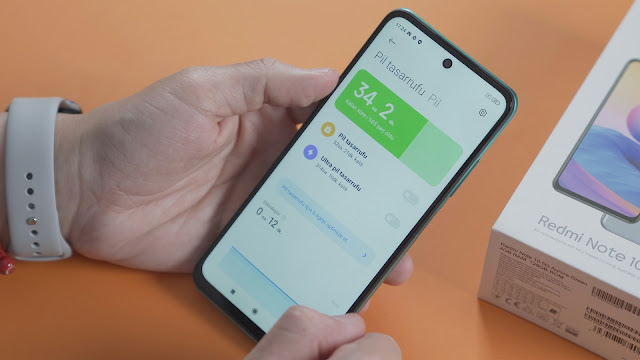Android vs iOS A Comprehensive Comparison
In the ever-evolving world of smartphones, the Android vs. iOS debate continues to captivate users worldwide. Choosing between these two dominant mobile operating systems involves navigating a complex landscape of features, preferences, and performance.
In this in-depth analysis, we'll delve into the pros and cons of Android and iOS, explore their architectural differences, scrutinize market shares, and offer insights to aid your decision-making process.
Pros and Cons of Android and iOS
Android:
Pros:
- Customization: Android's open-source nature allows for extensive customization, empowering users to personalize their devices.
- App Diversity: The Google Play Store hosts a vast array of applications, including some that might not be available on iOS.
- Hardware Variety: Android is not tied to a specific manufacturer, offering users a wide range of devices catering to different budgets and preferences.
Cons:
- Fragmentation: The multitude of devices and manufacturers can lead to fragmentation, making it challenging for developers to create apps that work seamlessly across all Android devices.
- Security Concerns: Due to its open nature, Android faces more security challenges, including a higher susceptibility to malware and viruses.
- Update Delays: Device manufacturers and carriers may delay or even skip Android updates, leaving some users with outdated software.
iOS:
Pros:
- Ecosystem Integration: iOS devices seamlessly integrate with other Apple products, creating a cohesive ecosystem for users.
- App Quality: The App Store is known for its stringent app approval process, resulting in high-quality and optimized applications.
- Timely Updates: Apple controls both hardware and software, ensuring timely and consistent updates for all supported devices.
Cons:
- Limited Customization: iOS is known for its more restrictive customization options compared to Android, limiting the extent to which users can personalize their devices.
- Hardware Lock-In: The Apple ecosystem often encourages users to stick with Apple products, potentially limiting choices for those who prefer a diverse range of devices.
- Higher Price Points: Apple devices, including iPhones, tend to have higher price points compared to many Android alternatives.
Architecture:
Android Architecture:
- Android's architecture is based on the Linux kernel and is open source. The key components include:
- Linux Kernel: Serves as the foundation for the Android operating system, managing core system functions.
- Libraries: Android includes a set of C/C++ libraries for core system functions such as graphics rendering, data storage, and more.
- Android Runtime (ART): Responsible for executing and managing application code.
- Application Framework: Provides developers with high-level abstractions to simplify app development.
- Applications: The top layer consists of user applications, covering everything from productivity tools to games.
iOS Architecture:
- iOS architecture is a closed system developed by Apple. Key components include:
- XNU Kernel: A hybrid kernel based on the Mach microkernel and components from FreeBSD.
- Core Services Layer: Provides essential system services such as networking, file system access, and security.
- Media Layer: Manages audio, video, and graphics technologies.
- Cocoa Touch Layer: An abstraction layer for touch-based interfaces, including the UIKit framework.
- Applications: Similar to Android, the top layer comprises user applications, utilizing the underlying layers for functionality.
Market Share:
Android Market Share:
As of the latest data, Android continues to dominate the global smartphone market. The open nature of the Android platform has allowed it to reach a diverse user base. According to [insert latest statistics], Android's market share stands at [percentage], showcasing its widespread adoption across various demographics.
iOS Market Share:
While iOS commands a smaller market share compared to Android, it holds a significant presence in certain regions, particularly in developed economies. The cohesive Apple ecosystem and brand loyalty contribute to a steady market share. As of [insert latest statistics], iOS holds a market share of [percentage], highlighting its stronghold in the premium smartphone segment.
Conclusion:
In the Android vs. iOS debate, the ultimate choice depends on individual preferences, priorities, and ecosystem preferences. Android's flexibility appeals to those who value customization and a broad range of hardware options, while iOS offers a seamless and tightly integrated ecosystem for users invested in the Apple brand.
Understanding the architecture, weighing the pros and cons, and considering market shares can guide your decision-making process. Whether you prioritize a diverse app store, extensive customization, or a unified ecosystem, both Android and iOS have their merits.
In the ever-evolving landscape of technology, staying informed about updates, trends, and user experiences will empower you to make a decision that aligns with your needs. As we navigate the dynamic world of smartphones, the Android vs. iOS debate will undoubtedly persist, shaping the future of mobile technology.




Comments
Post a Comment